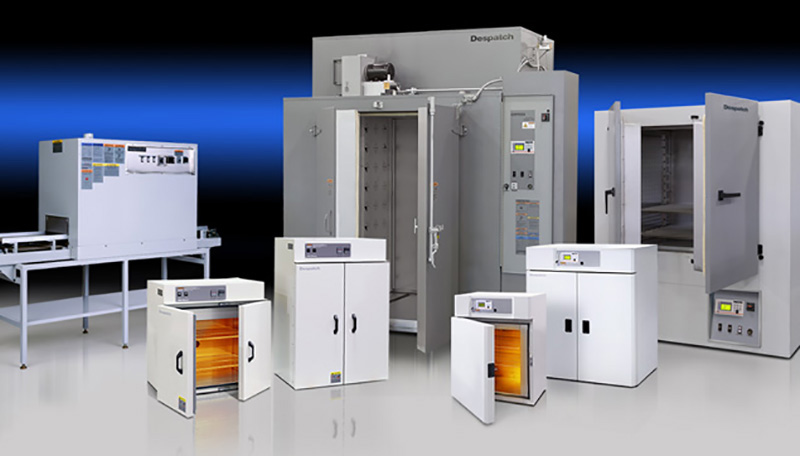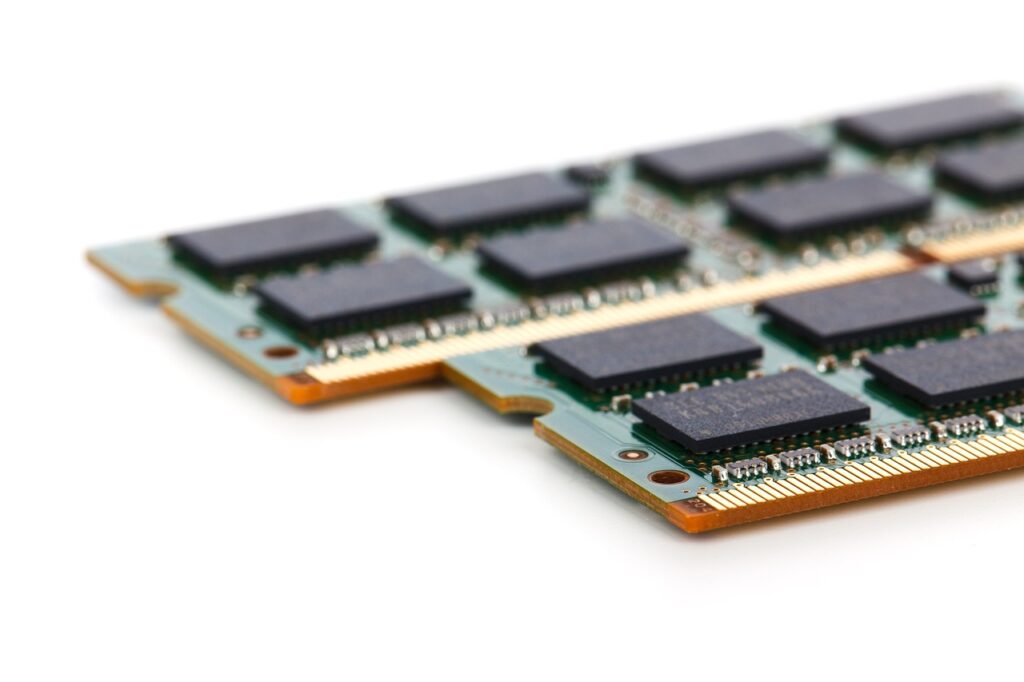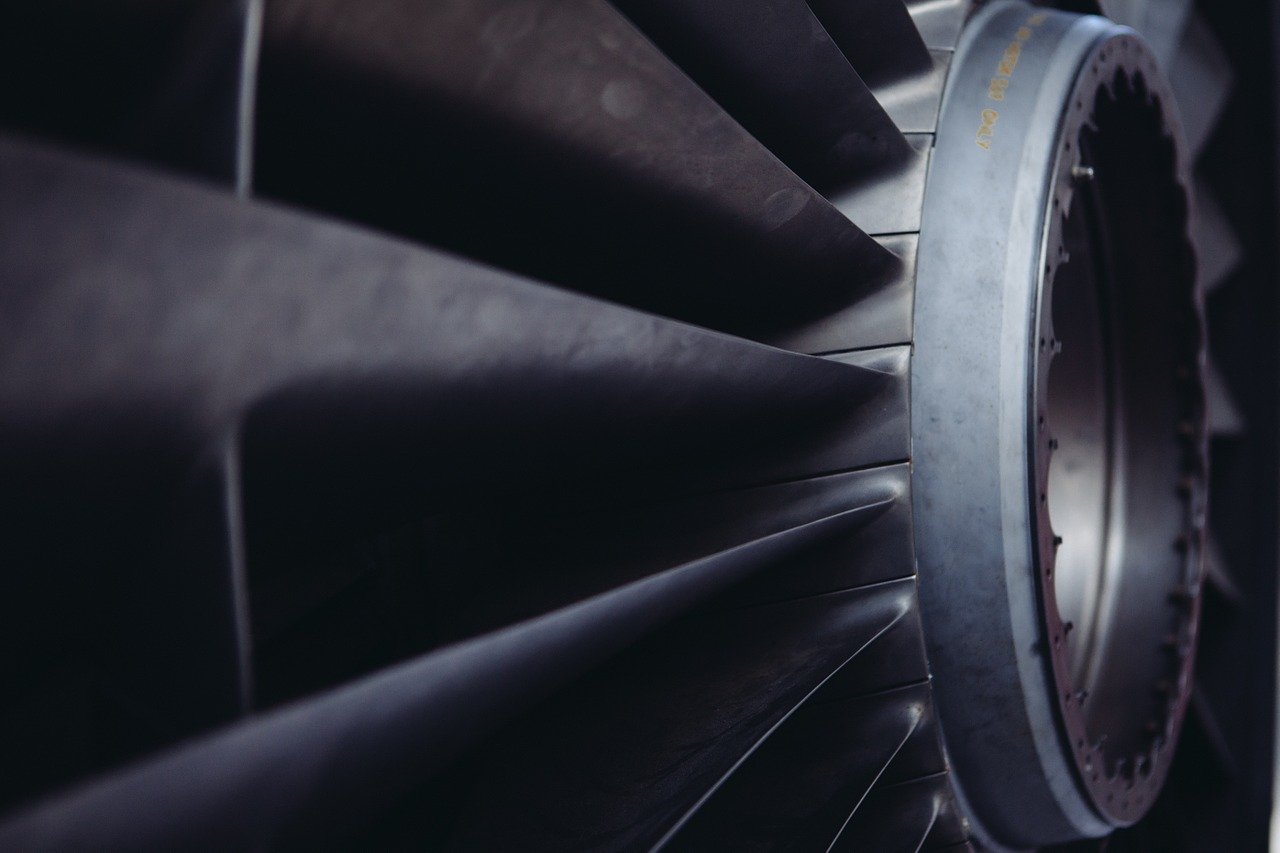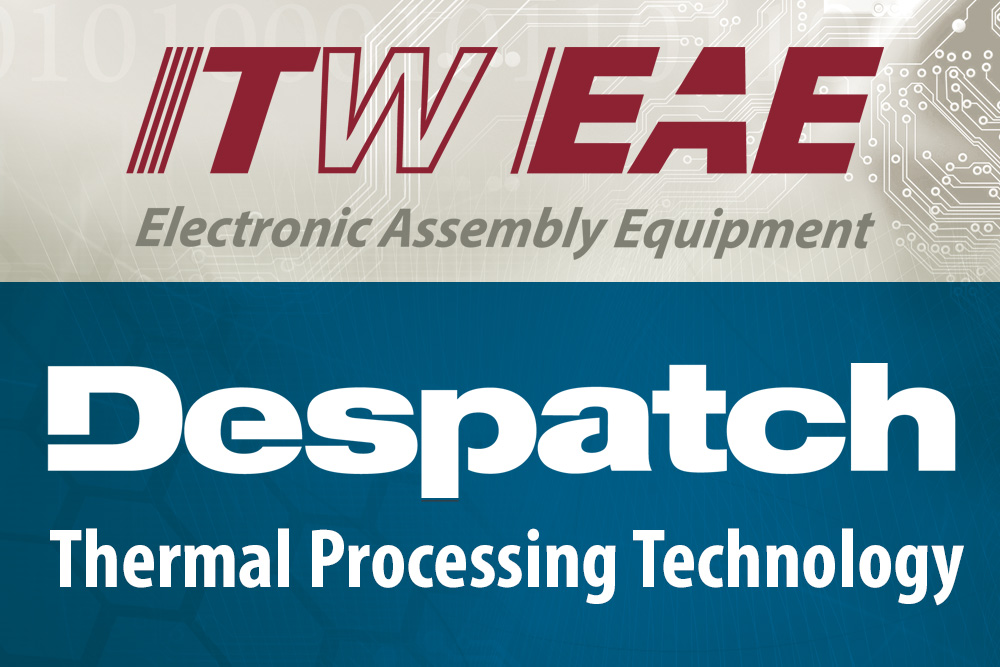Electronics drive our daily activities. From our desktops and laptops to our smartphones and CD players, we’d be lost without our electronic devices. But manufacturing high-quality electronic products efficiently is easier said than done. Industrial ovens play a critical part in manufacturing high-quality components and parts economically. From curing coatings for resistors and capacitors to burn-in testing of RAM and ROM modules, and everything in between, industrial ovens are the backbones of many electronics production processes.
Today’s ovens enhance the quality, strength, durability, and longevity of electronic parts and components without driving up costs. In addition to increasing efficiency, they enhance productivity and part consistency while reducing production costs and boosting profitability. Put another way, modern industrial ovens—batch or continuous models—can deliver the uniform and repeatable thermal processing required for critical electronic items to operate flawlessly, ensure reliable performance, and carve out a competitive advantage for themselves.
Typical industrial oven applications for electronic components include bake-out, adhesive bonding and curing, solder reflow, and annealing. Typical applications for electronic devices and semiconductors include printed circuit boards and their components, integrated circuits before being placed on a board, testing of ICs, RAM and ROM modules, die attach and BGA, metallic thin film annealing, photoresist curing, dissipation application, and reliability testing. Industrial ovens can even keep semiconductor parts and tooling clean, dry, and ready for immediate installation.
Typical Uses of Ovens in the Electronics Industry
The specific use of an industrial oven for electronics, however, depends on what’s being manufactured or tested and the process requirements. Some common uses of industrial ovens in the electronics industry include:
- Drying: Industrial ovens dry electronic components, such as printed circuit boards (PCBs), to remove any moisture introduced during manufacturing.
- Curing: Some electronic components require a curing process, in which the material is subjected to heat and pressure to harden and form a specific shape. Industrial ovens control the temperature and timing of the curing process to ensure consistent results.
- Heat Treatment: Some electronic components, such as metal parts, must be heat-treated to improve their strength, hardness, or other properties. Industrial ovens control the temperature and timing of the heat treatment process.
- Burn-in Testing: Burn-in testing is when electronic components are subjected to high temperatures and voltage over an extended period to test their reliability and durability. Industrial ovens control the temperature and timing of the burn-in test.
- Preheating: Some electronic components, such as those used in reflow soldering, must be preheated to a specific temperature before the next step in the manufacturing process. Industrial ovens control the temperature and timing of the preheating process.
The key to buying an industrial oven is to find one that delivers invariable, uniform temperatures for as long as the oven is in service.
Industrial Oven: Key Considerations
Industrial ovens enable you to change a material’s physical, chemical, or even biological properties. Here are some considerations to keep in mind when buying an oven:
- Temperature Requirements—Temperature control is critical in any electronics application. Failing to maintain the required heating conditions leads to the subpar performance of electronic components or complete product failure.
- Heating Uniformity—Temperature uniformity is critical to consistent heat processing. It assures that the items tested or treated in a heating processing operation get the same consistent temperature exposure in a chamber at a specified setting.
- Airflow — Airflow impacts heat-up times and temperature uniformity. Airflow patterns can be vertical, horizontal, or a combination of both. The texture, shape, and type of material heated are critical factors in airflow design and implementation. Additional factors with airflow include dwell times, overall cycle times, product load, and cool-down times.
- Power Source —Ovens use a variety of power sources, such as electricity, hot water, gas, and microwaves. Choose wisely. Electric ovens, for example, are known for their ability to heat up quickly and control temperatures precisely. Infrared ovens, on the other hand, can minimize energy usage and work well for applications requiring precision and speed.
- Oven Size & Volume—You can get industrial ovens in various sizes and volumes. They include bench tops, reach-in and floor models, and walk-in units. You can also find ovens for specific production processes, such as conveyor, batch, and automated workflows. Chamber size is a factor here as well.
- Controls—Controllers are critical to overall oven performance. They make it easy to control and monitor oven processes. Key features in this area include a touchscreen interface, PC, smartphone, tablet control, data collection, trend graphs, maintenance alerts, and user security. Despatch uses microprocessor-based, digital proportioning controllers in its ovens.
- Humidity Control—Some applications require more than heating a product to achieve the desired result. In some applications, it’s beneficial to increase and control the relative humidity in a heating chamber precisely. Ideally, you want to apply heat without subjecting the product to the full drying effect of convection heating. When you need to use humidity control depends on the process involved.
Additional considerations in an industrial oven are design and construction, energy consumption and efficiency, cleaning and maintenance, and special processing needs.

Precise, Uniform, Repeatable Industrial Ovens
It’s imperative you get the right industrial oven for your specific applications to boost production efficiency and product quality. Buying a standard industrial oven is generally more cost-effective and faster than buying a custom-engineered one. But you can also modify a standard oven to fit your needs if you require a custom-engineered oven. In that case, you’ll need to work closely with a manufacturer’s engineers to optimize performance-critical processes. That’s why many manufacturers turn to knowledgeable oven companies, like Despatch, to provide industrial ovens that are precise, uniform, and repeatable
Today’s electronic products and components are changing how we live and work. From semiconductors and circuit boards to cell phones and disc players, these parts and devices make our lives better, safer, and more enjoyable. But manufacturing high quality electronic components and parts is a challenge. Buying the right Industrial oven for your needs is critical to producing reliable, high-quality electronic components and parts efficiently. They right oven can deliver the type of thermal processing companies need to electronics that operate flawlessly and ensure reliable performance. More importantly, they can help companies cut costs, increase productivity, boost profitability, and carve out a competitive advantage for themselves.
If you have any questions about industrial ovens or need support in choosing the right equipment for your needs, please don’t hesitate to reach out to our team for assistance. We are here to help you maximize your efficiency and achieve the highest quality standards in your industry.
Image by PublicDomainPictures from Pixabay






